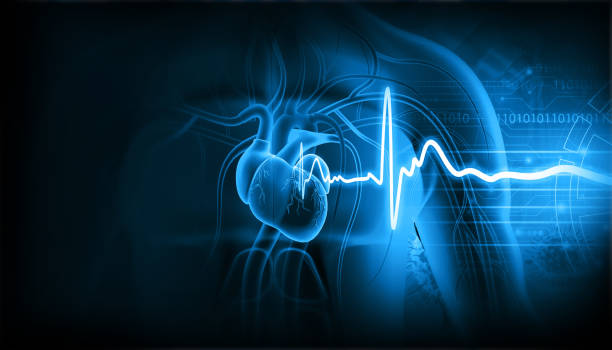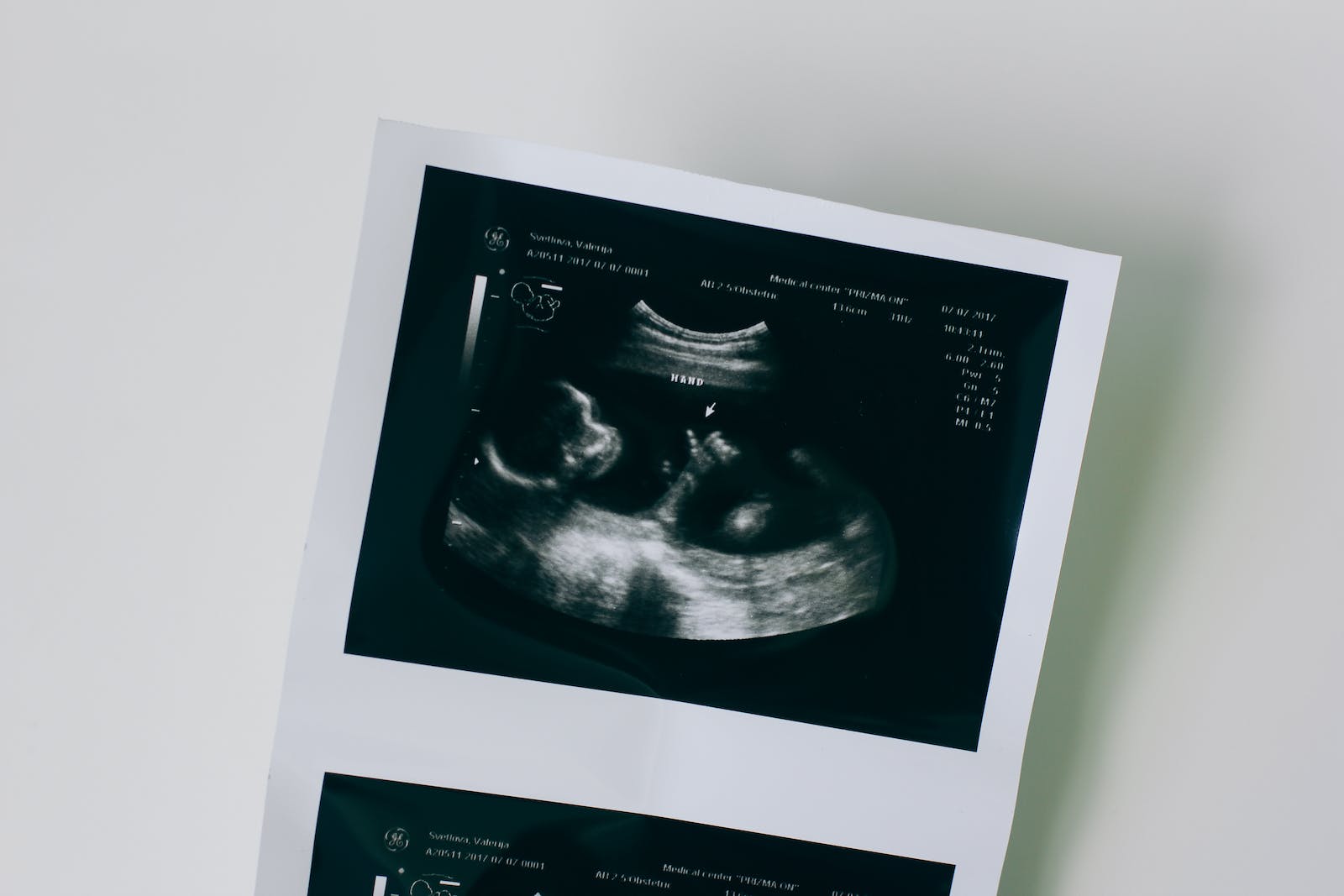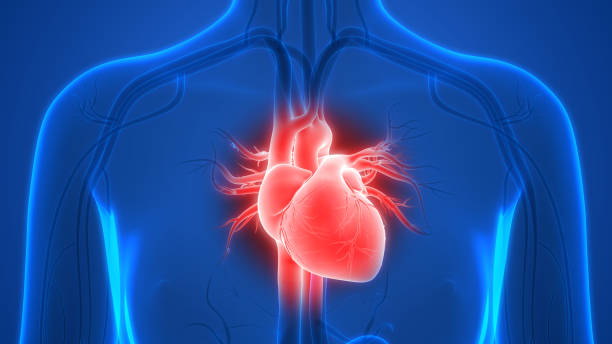Pregnancy is a dynamic process associated with physiological cardiovascular changes, these cardiovascular changes during pregnancy are important to ensure adequate uteroplacental circulation for the growing fetus.
These changes adapt to the body to meet the high metabolic requirements of the mother and the fetus.
These changes are important for supporting the fetus inside the uterus.
Most women can withstand these cardiovascular changes during pregnancy without any complications but still, some women suffer from these changes and complications. Unfortunately, the complications affect the mother and her baby.
About 30% of pregnant women suffer from these complications.
Maternal hemodynamic changes
Many cardiovascular changes during pregnancy are happening, these changes are due to the vasodilation of the systemic vasculature which is happening early in the fifth week of pregnancy.
The cardiovascular changes during pregnancy are characterized by an increased heart rate, cardiac output, and vascular volume. while severe fall in vascular resistance.
The cardiac output shows high levels, especially in the third trimester and labor. Arterial blood pressure usually doesn’t be affected.
When the left ventricular dimensions show an increase, the blood volume increases as well.
Many symptoms and signs during pregnancy are caused by the previously described changes.

Main cardiovascular changes during pregnancy
Cardiac output
One of the most important cardiovascular changes during pregnancy is cardiac output.
Cardiac output increases during pregnancy especially at the beginning of the first trimester and continues to increase in the second trimester. In the third trimester it’s not stable, maybe increase or decrease or reach the plateau. Echocardiogram is the best method to measure it without any side effects for the pregnant woman.
Cardiac output in a twin pregnancy is higher than the single one with a significant volume overload associated with a sharp increase in the left atrial diameter.
Blood pressure
Most pregnant women are experiencing decreased arterial pressures, including mean arterial pressure, Systolic blood pressure, diastolic blood pressure, and central systolic blood pressure.
The majority of changes in arterial blood pressure occur early in pregnancy (In the first trimester) and reach out to Nadir during the second trimester.
Arterial blood pressures start to increase during the third trimester and returns close to normal postpartum.
In overweight women, there is a significant increase in arterial blood pressure (systolic, diastolic, and mean blood pressure) compared to normal-weighted women, especially in the first and third trimesters.
Heart rate
Heart rate increases progressively during pregnancy by 15 to 20 beats per minute. It reaches the maximum in the third trimester.
Contractility
A lot of cardiovascular changes during pregnancy happen but ventricular contraction (right and left) and myocardial contraction aren’t affected during pregnancy.
Echocardiography and Cardiovascular Magnetic Resonanc, echocardiography is the most common technique used in pregnancy, but sometimes it shows low image quality in some pregnant women.
Normal transthoracic echocardiography shows:
- Mild dilation in all cardiac chambers but there are greater changes in the right atrium and ventricle than in the left atrium and left ventricle.
- Physiological tricuspid and pulmonary regurgitation.
- No aortic regurgitation.
Cardiovascular magnetic resonance is safer and gives accurate information about left ventricular volume, cardiac output, stroke volume, and left ventricular mass.
It also provides an accurate image of the abnormalities in the atria, ventricles, and Aorta.
So it should be considered on a case by case.
Remodeling
During pregnancy, ventricular wall mass and ventricular wall thickness increase by 50% especially in the left ventricle. The studies show temporary cardiac remodeling, volume overload, and ventricular hypertrophy.

Most common clinical cardiovascular changes during pregnancy
- Dyspnea on exertion.
- Angina chest pain, anasarca.
- Presyncope because of low venous return to the heart and pressure on the inferior Vena cava.
- Leg edema
- Prominent jugular venous pulsation
- Ejection murmurs over the aorta and pulmonary artery and diastolic murmurs require further evaluation.
- Syncopy
- Paroxysmal nocturnal dyspnea.
How preexisting heart diseases can affect pregnancy
Some cardiac diseases can increase the risk of pregnancy complications and cardiovascular changes during pregnancy, so if you already have any cardiac problems you have to talk to your doctor about the risk of being pregnant.
The most common heart diseases include congenital heart disease, cardiomyopathy, and heart valve disease.
Congenital heart disease
Congenital heart diseases are heart diseases since birth that vary from mild to serious condition and they are the most common cardiovascular changes during pregnancy in America.
If you have congenital heart disease, you have to follow up with a cardio-obstetrics specialist to evaluate your risk and manage it.
The main common cardiac complications among pregnant women who have congenital heart disease:
- Arrhythmias
- Patent ductus arteriosus
- Valve stenosis
- Atrial and ventricular septal defects
Cardiomyopathy
Cardiomyopathy is one of the serious complications and death during pregnancy, many women with a history of dilated cardiomyopathy experience heart failure or another complication.
If you have cardiomyopathy you to talk to your doctor before being pregnant to manage your risks.
Heart valve disease
Many types of heart valve disease can exist during your life, some types are mild and don’t affect your pregnancy, but some are serious and may increase the risk of complications.
If you have a history of valve disease, you have to follow up with your doctor to know if pregnancy is safe for you or not.

Symptoms and signs of heart problems during pregnancy
- Chest pain.
- Shortness of breath.
- Edema in your knees and ankles.
- Fatigue.
These symptoms may be harmless, but they can signal a cardiac problem if:
Begin after week 21 of pregnancy.
Feel shortness of breath during resting.
Prevent you from doing your daily tasks.
Conclusion
Cardiovascular disease is the most common cause of death during pregnancy.In the last twenty years, mortality rates went up, the rate has doubled especially in patients with risk factors and inadequate hemodynamic changes.
Pregnant women with cardiovascular pathology need special medical care to support them and their fetuses.
Normal cardiovascular changes during pregnancy are important for supporting the baby and if there are no complications just need follow-up.
If you are interested, read about:


You must be logged in to post a comment.